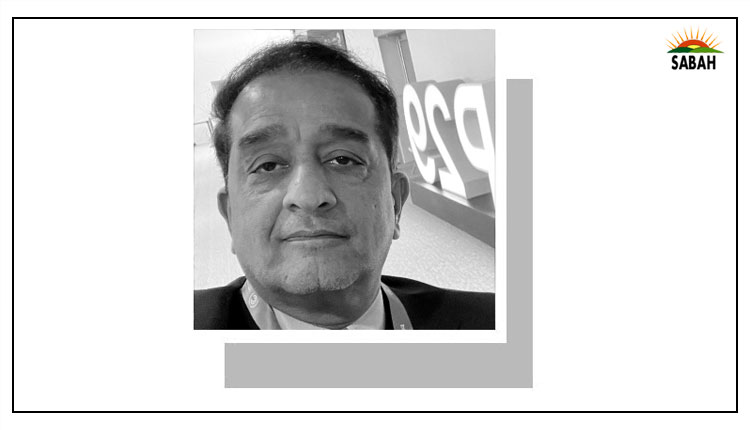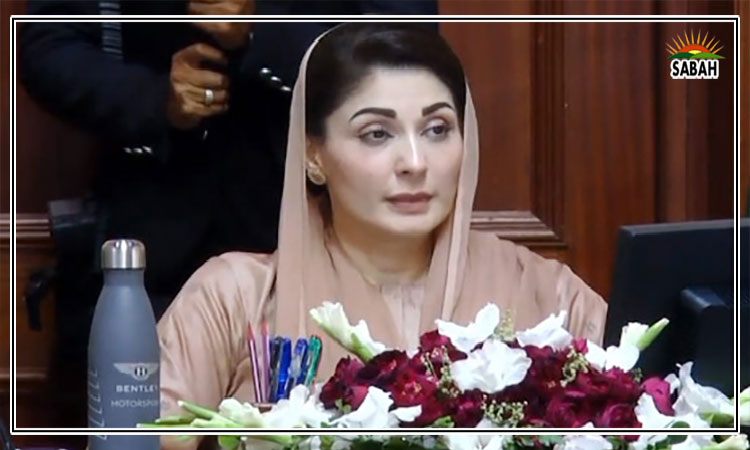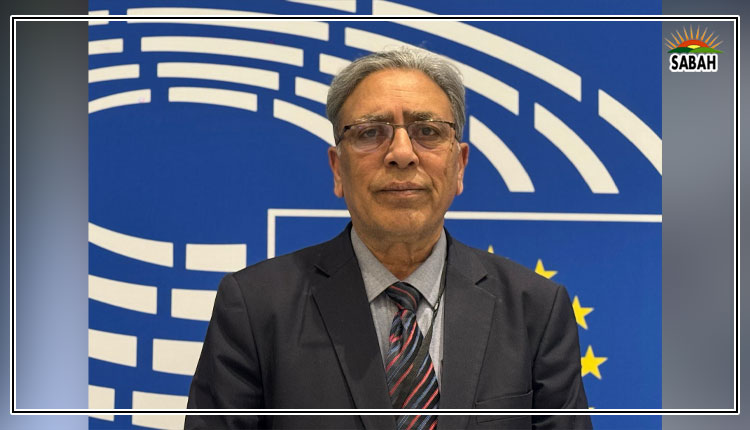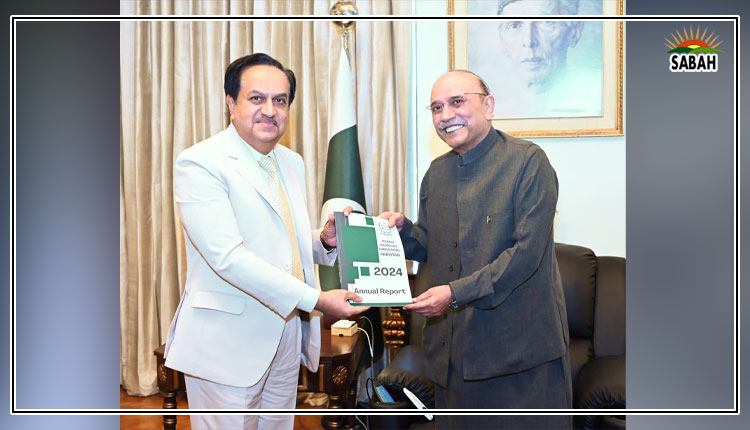Stateless workers …. Naeem Sadiq
OF the 79 miners who have died since Jan 1, 2024, in Pakistan’s deadly coal mines, not a single one was registered with the EOBI. They were all born as citizens of Pakistan. They were not refugees. They did not give up their citizenship. They did not give up on the state. But the state gave up on them. The state abandoned them, refused to recognise their existence, and reduced them to ‘stateless’, benefitless nonentities. By excluding them from the EOBI, the state gave them a future of poverty and dependency. This cruelty is orchestrated by a single government department: the Employees’ Old-age Benefits Institution (EOBI).
Pakistan has an informal workforce of around 80 million workers engaged in industrial, agricultural, domestic, and commercial activities. It is their sweat and labour that turn the wheels of industry and commerce. In return, 60 per cent of them are not even given the minimum legal wage. The monthly EOBI contribution is deposited for only 4.7m or 6pc workers. The state has no concern or interest in knowing about the remaining 94pc. Do they exist at all? What and where do they work? Who are their employers? How will they survive with zero post-retirement pensions? It is impossible to fathom why a state knowingly designs a dark and miserable old age for its workers.
Imagine if there was a law that prohibited pension for any Grade 22 government officer, unless there were at least five or more Grade 22 officers working in the same department. Bizarre as it may seem, this is the law we have for Pakistan’s workers. It permits all those employers who employ fewer than five employees (and there are millions of them) to not register their employees with the EOBI. No Pakistani leader has ever understood that every worker above the age of 18 years ought to be registered with the EOBI, regardless of the nature of the work, the number of employees or the type of employment (regular, temporary, contracted, daily wage or through a third-party contractor). Millions of daily wagers and third-party workers in government and statutory bodies are currently outside the ambit of the EOBI for no fault of their own. Even an unemployed or self-employed individual should be able to obtain EOBI registration by personally contributing the requisite amount.
The existing EOBI ought to be dissolved, replaced with professional management, completely digitised, and linked with Nadra. The bureaucratic and cumbersome procedure for enrolment of a new worker and payment of his/her monthly contribution ought to be simplified with a mobile phone app; it should require no human interaction, visiting offices or banks, filling forms or producing photocopies. The EOBI monthly contribution rate ought to be standardised across Pakistan to enable seamless continuity for workers changing jobs or locations.
The EOBI ought to be replaced with a professional management.
An alleged ‘inspection’ system at the institution is said to follow the 10pc rule. You register only 10pc employees, and we look the other way — in return for an amicable under-the-table ‘settlement’.
The EOBI ought to jettison all its inspectors and two-thirds of its existing 657 employees, and control all its functions using a handful of professionals and electronic databases. A publicly accessible online database should reflect each registered employee’s name, CNIC, phone number, employer’s name, the latest EOBI contribution and the total contribution made thus far. An effective database can monitor and ensure that every single worker in Pakistan is included in the EOBI scheme.
Every registered worker must receive an automatic SMS, by the 10th of each month to confirm the amount contributed on his/her behalf. The system should automatically invoke progressively increasing penalties for employers delaying payments beyond the 10th of any month. On reaching the age of 60 years, workers should be given the choice to either opt for the regular monthly pension or to accept the lump sum amount accumulated during his/her entire years of contribution.
In both cases, the amount must be immediately deposited in the worker’s designated bank, instead of involving the worker in a bureaucratic runaround of visiting EOBI offices or providing fresh affidavits, photographs, or certificates.
Pakistan is the only country in the world that pays a pension of Rs1 million to superior judges and a pittance of Rs10,000 to its workers. This amounts to an obscene and immoral compensation ratio of 1:100. We ought to slash all government pensions above Rs200,000 to half and increase workers’ pension to 75pc of the applicable minimum legal wage. It is time for Pakistan to end its fixation on the rich, and instead, focus on the 80m abandoned stateless children awaiting recognition, minimum wage, the EOBI and a sliver of humanity.
The writer is an industrial engineer and a volunteer social activist.
naeemsadiq@gmail.com
Courtesy Dawn, June 3rd, 2024











